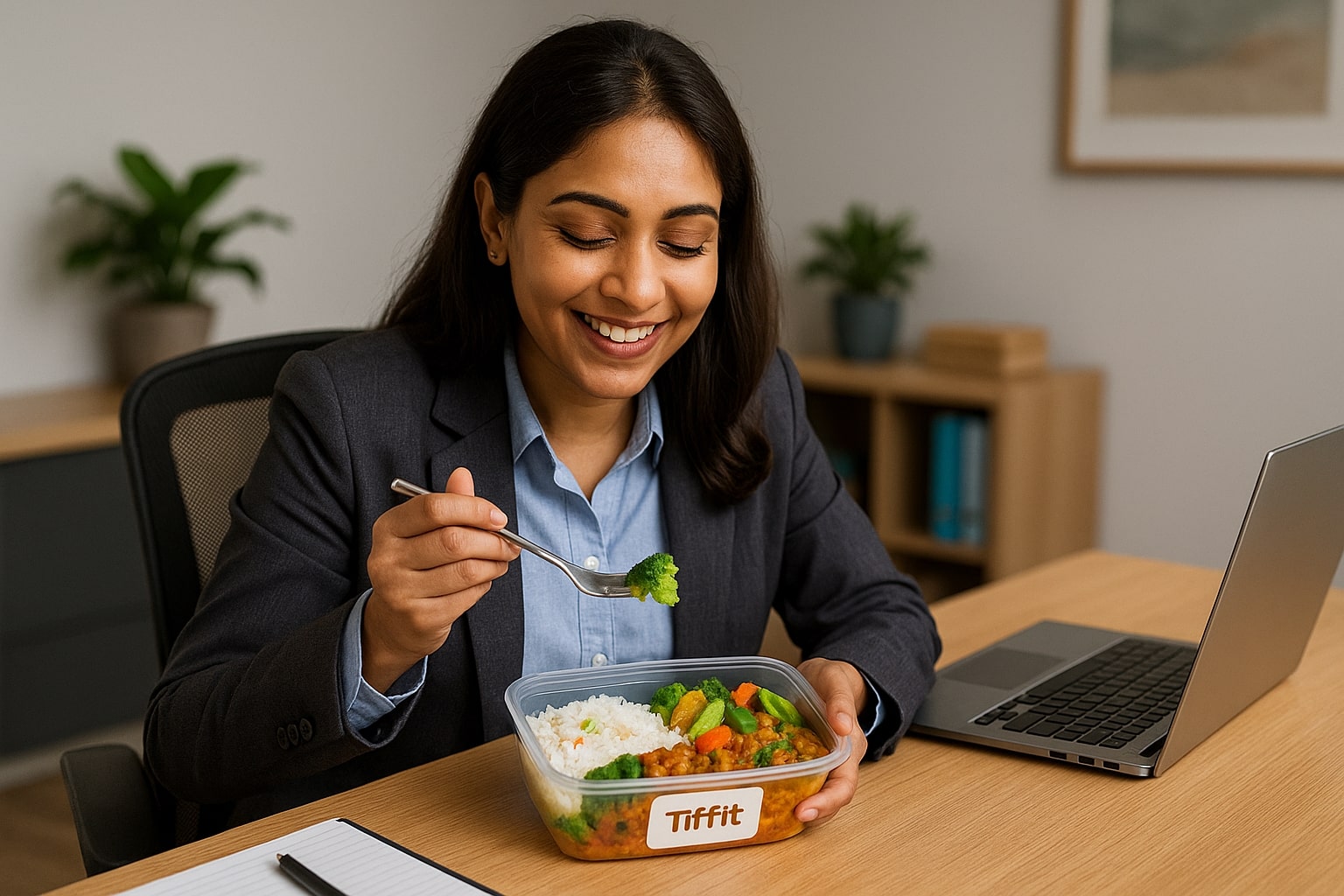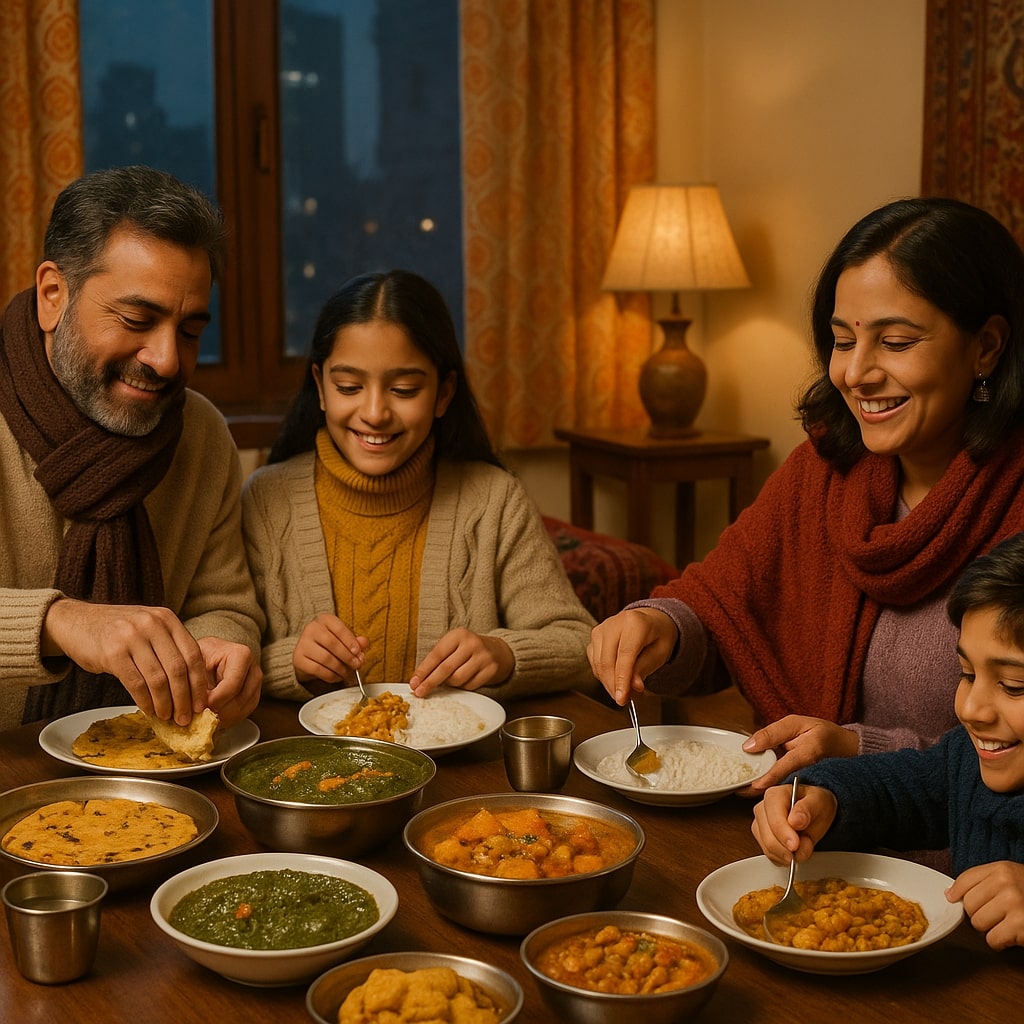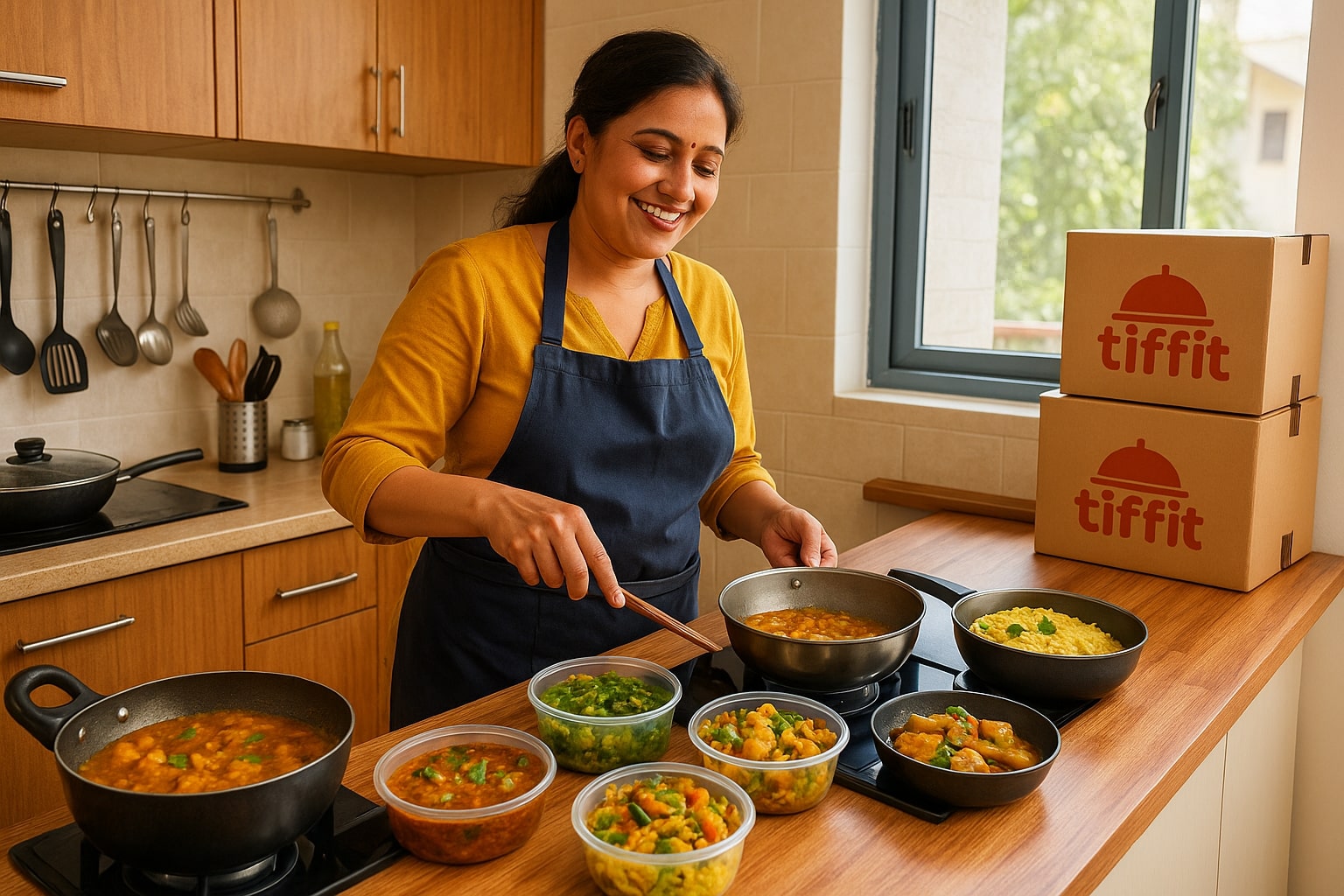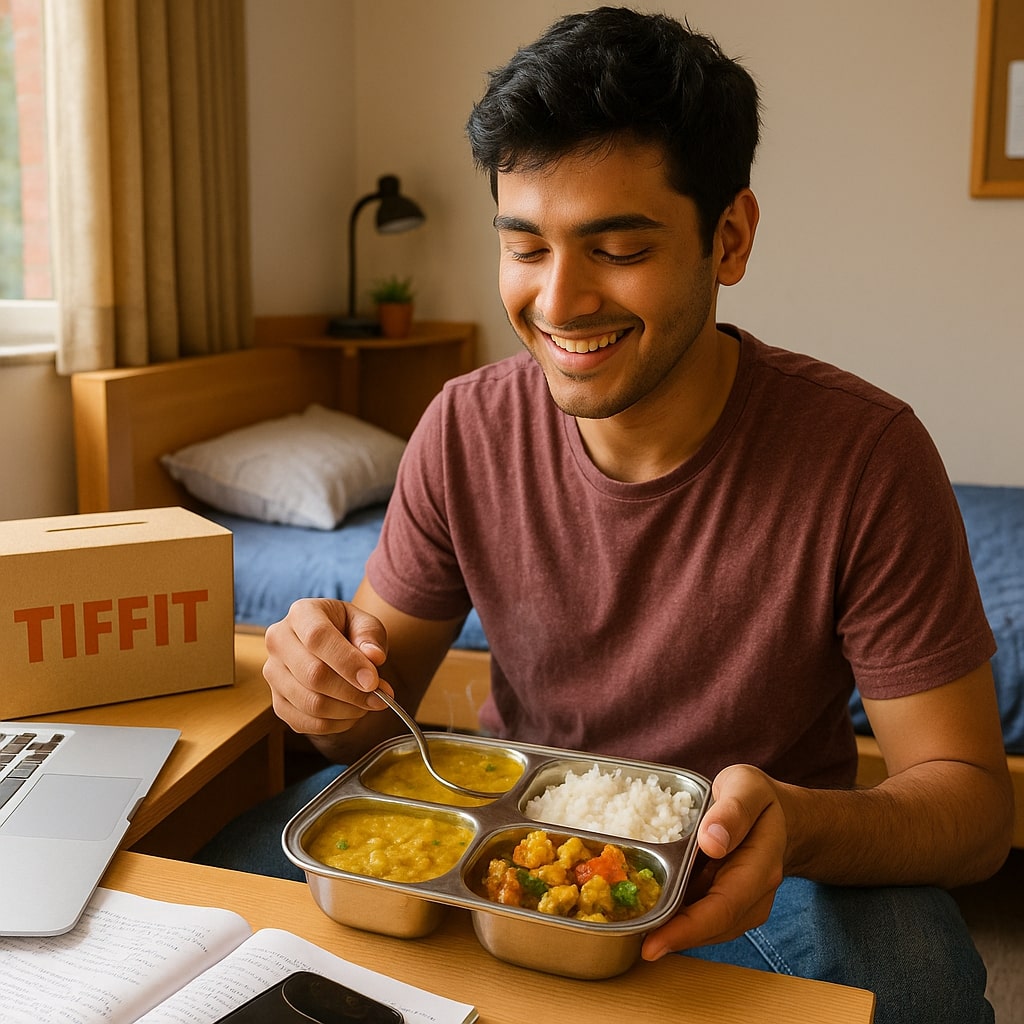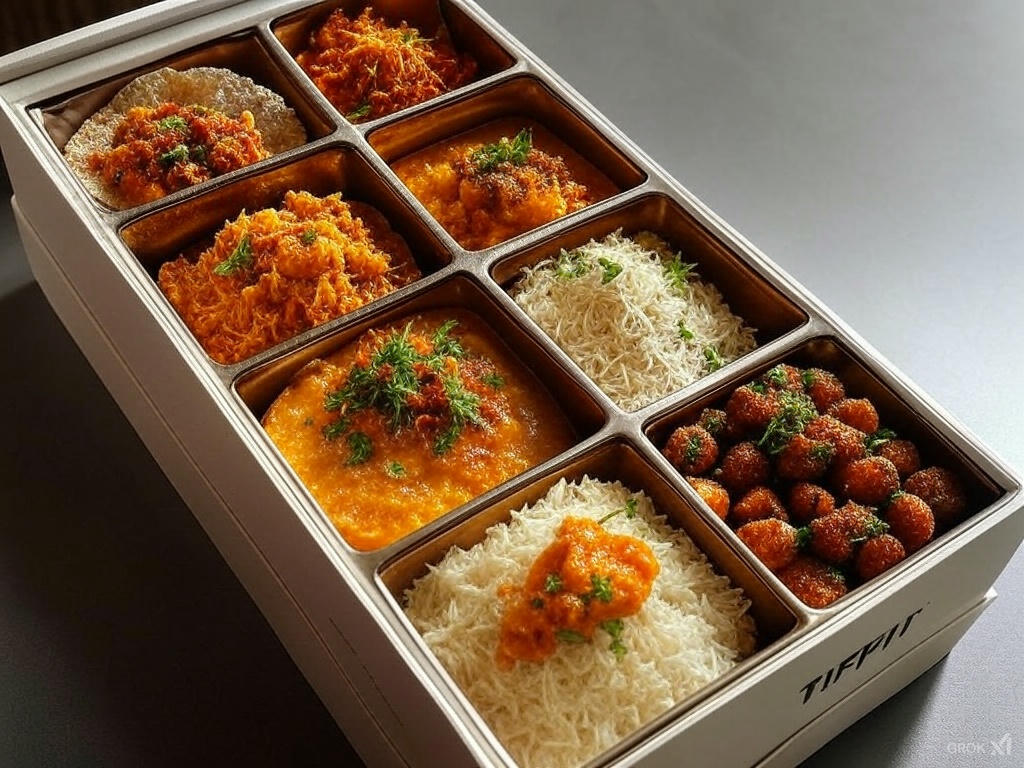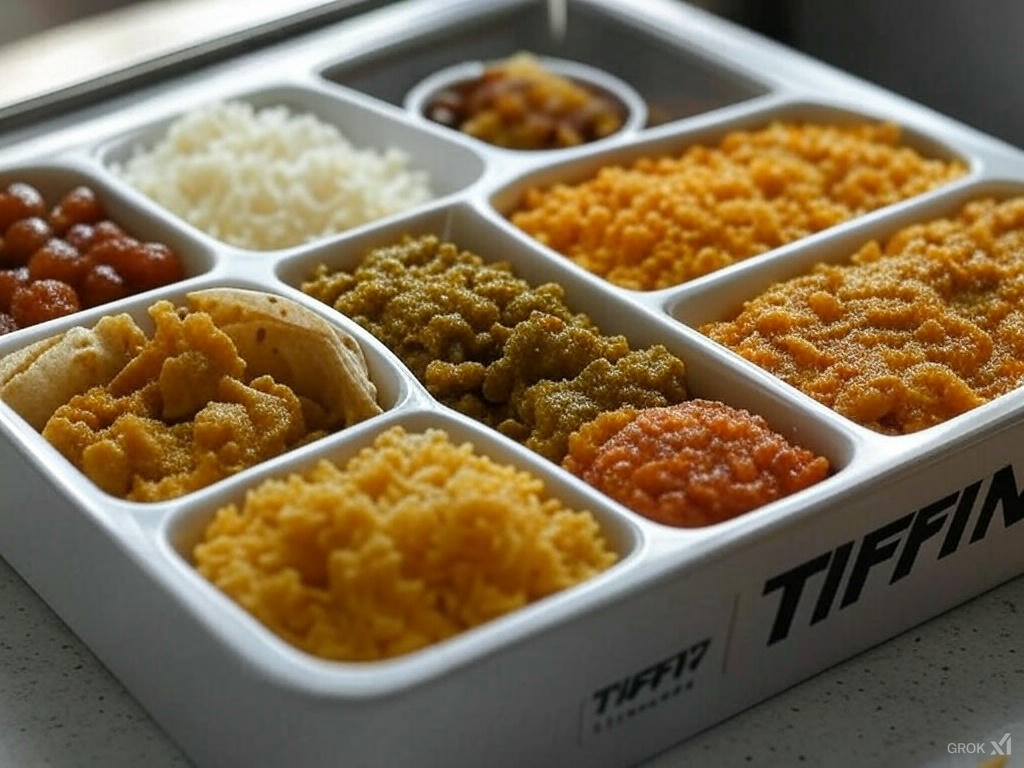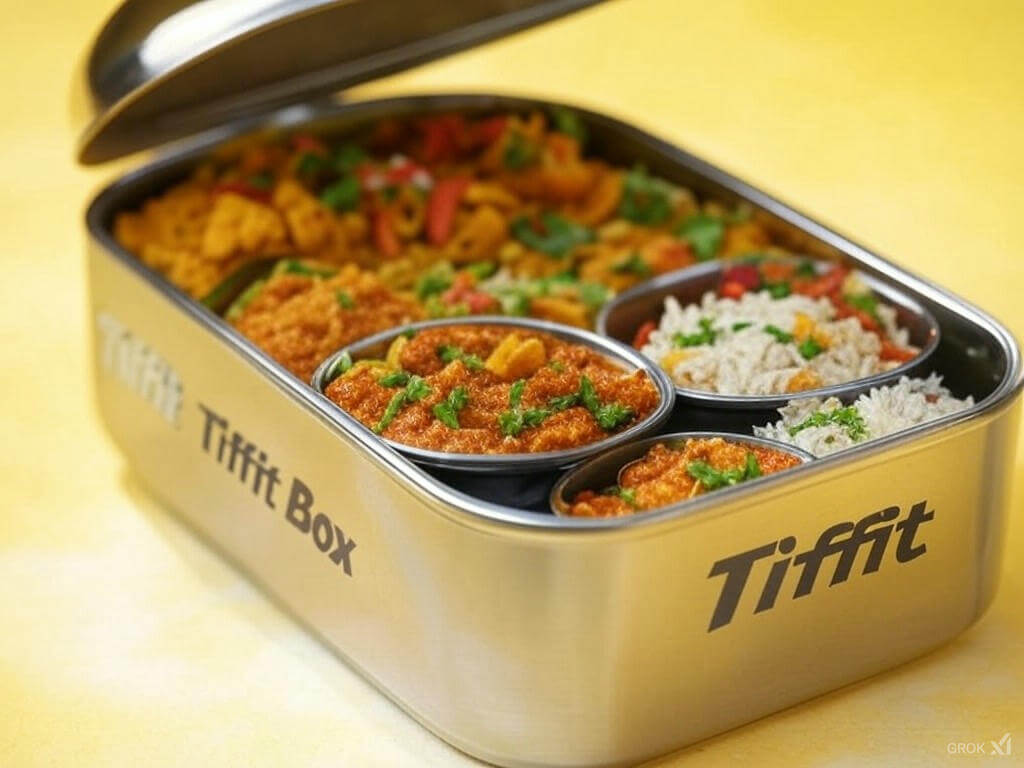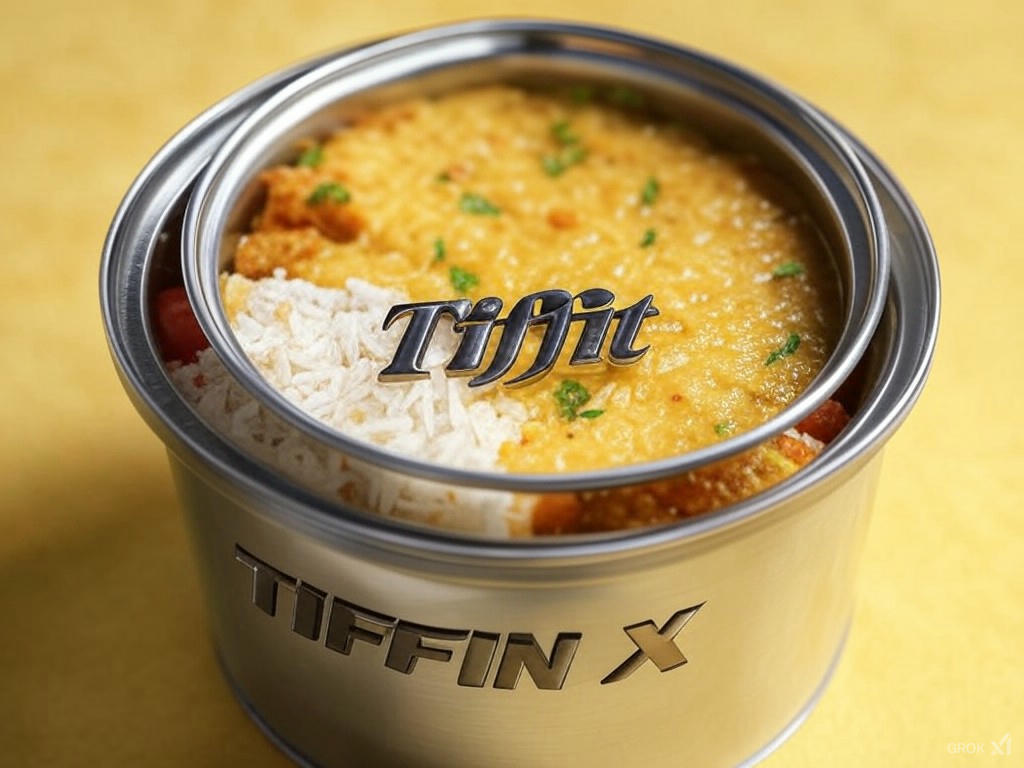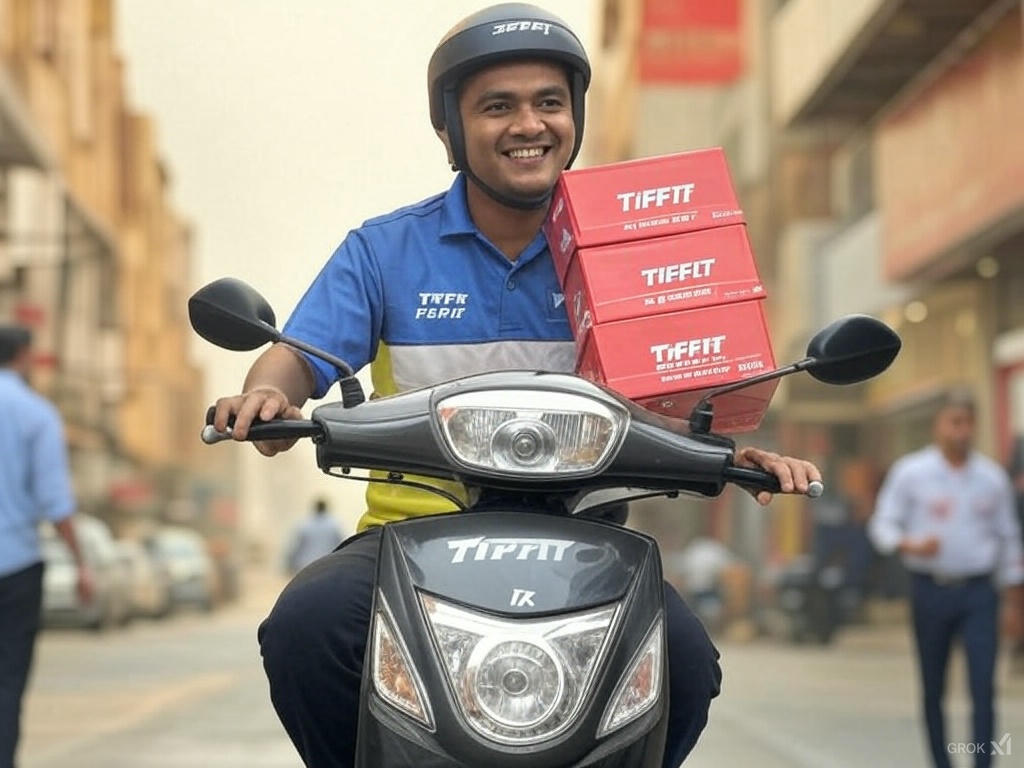Some meals fill the stomach. Others, quite gently, fill the soul. We’ve all known that uneasy heaviness after a rich restaurant curry or a late-night takeaway where the oil forms a layer at the top. The taste lingers, but so does the discomfort. You sleep late. You wake up thirsty. Your gut carries the burden of what your tongue enjoyed.
That’s the silent shift happening across Delhi NCR, people aren’t just chasing flavour anymore. They’re chasing comfort, clarity, and food that feels gentle on their guts.
The Hidden Cost of Heavy Eating
Let’s be honest. Restaurant-style food, with its richness, is rarely made with your health in mind. The gravies are thickened with cream, the spices are layered to impress, and oil is loaded. It tastes indulgent, yes, but it also leaves behind acidity, bloating and that post-meal lethargy.
But the body always remembers.
You may enjoy that butter-loaded meal at 9 PM, but it’s your poor gut that has to deal with it at 2 AM.
What Does It Really Mean to Eat Light?
Being light doesn’t mean being bland. It means being respectful to your energy, your digestion, your rhythm.
True light meals follow a simple rule:
Let the ingredient speak louder than the seasoning.
They use oil as a medium, not a mask.
They honour natural spice, not overpowering heat.
They leave you nourished, not numbed.
This is why more people are turning towards fresh homemade low-oil food delivery, not because it’s trendy, but because it feels familiar.
How Tiffit Breathes Ghar Ka Logic Into Every Meal
Tiffit doesn’t operate like a restaurant, or even like a mass tiffin centre.
It works like a family kitchen.Meals are cooked by home chefs, not commercial cooks.
Every dish is prepared in small batches, for real-time orders.
Oil is used the way our mothers use it: after thinking.Rather than chasing richness, Tiffit chases balance, the kind of balance where a bowl of dal doesn’t make you sluggish; it makes you functional.
This is why so many working professionals have quietly shifted from takeaways to a home food delivery app that honours digestion more than decoration.
Inside a Home Chef’s Routine: Thought Before Tadka
Ever watched a home chef cook? They don’t hurry. They observe.
Vegetables are chopped fresh, not frozen.
Masalas are roasted patiently, not dumped in haste.
Oil is drizzled, not poured.
This is the difference between cooking and assembling. And this is why Tiffit meals don’t feel like delivery, they feel like a pause.
The kind of pause where you close your eyes after the first bite and think, “Oh… this is how food is supposed to feel.”
Why Light Meals = Honest Energy
Here’s what happens when you eat lighter, low-spice meals:
No 3 PM crash at work
Better sleep
Steadier mood
Happier digestion
You finish eating, and you can still think. That itself is a privilege these days.
Gurgaon’s Growing Love for Lighter Plates
Gurgaon, with its glass buildings and calendar-packed lives, is quietly developing a taste for tenderness. Not just in life, but in food.
Thousands now search for comfort ordering, seeking homely food delivery in Gurgaon instead of yet another overloaded gravy that looks good on Instagram but feels wrong in the gut.
Working professionals now open their lunch box expecting warmth, not weight. Residents living alone now prefer slow-cooked kadhi over spicy shahi paneer. The city is aging into awareness.
“Does Low Oil Mean Low Taste?” Absolutely Not.
Real flavour doesn’t need to have loaded spices and oil.
Tiffit chefs build flavour through:
Tempered ghee, not burnt oil
Gentle hing instead of chilli overload
Lemon and dhania instead of additives
Meals like lauki chana dal, jeera aloo, vegetable pulao, they carry humility. And humility, when cooked, becomes healing.
The Real Difference: Commercial Versus Caring
Tiffit is not just a service. It’s someone’s shaam ki roti, someone’s recovery khichdi, someone’s 8 PM sanity.
A Final Thought: Food Should Never Punish You
If a meal leaves you tired, something is wrong. Food should revive, not restrain. It should ground you, not grease you. That is why people are quietly choosing calm over chaos, and finding it in meals that taste like ‘ghar ka khana’. In a world obsessed with flavours that impress, Tiffit offers flavours that remind you of home-cooked meals prepared by your mom or dadi/nani.
Ready for Lighter Living?
The next time your stomach feels heavy, remember, it isn’t asking for less food.
It’s asking for kinder food. That’s the philosophy behind every bowl, every thali, every quietly healing meal from Tiffit.


